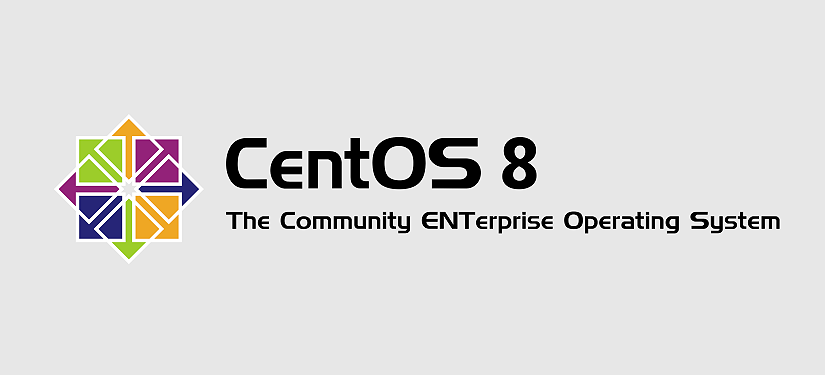Step 1: Install the EPEL Repository
To start off, install the EPL repository by running:
# yum install epel-release -y
Step 2: Install yum-utils Tools
After successfully installing EPEL, install yum-utils by running the command below.
# yum install yum-utils
Thereafter, you need to resolves RPM packages by executing the command.
# yum install rpmconf # rpmconf -a
Next, perform a clean-up of all the packages you don’t require.
# package-cleanup --leaves # package-cleanup --orphans
Step 3: Install the dnf in CentOS 7
Now install dnf package manager which is the default package manager for CentOS 8.
# yum install dnf
You also need to remove the yum package manager using the command.
# dnf -y remove yum yum-metadata-parser # rm -Rf /etc/yum
Step 4: Upgrading CentOS 7 to CentOS 8
We are now ready to upgrade CentOS 7 to CentOS 8, but before we do so, upgrade the system using the newly install dnf package manager
# dnf upgrade
Next, install CentOS 8 release package using dnf as shown below. This will take a while.
dnf install http://mirror.centos.org/centos/8/BaseOS/x86_64/os/Packages/centos-repos-8.1-1.1911.0.8.el8.x86_64.rpm # dnf install http://mirror.centos.org/centos/8/BaseOS/x86_64/os/Packages/centos-release-8.1-1.1911.0.8.el8.x86_64.rpm # dnf install http://mirror.centos.org/centos/8/BaseOS/x86_64/os/Packages/centos-gpg-keys-8.1-1.1911.0.8.el8.noarch.rpm
Next, upgrade the EPEL repository.
dnf -y upgrade https://dl.fedoraproject.org/pub/epel/epel-release-latest-8.noarch
After successfully upgrading the EPEL repository, remove all the temporary files.
# dnf clean all
Remove the old kernel core for CentOS 7.
# rpm -e `rpm -q kernel`
Next, be sure to remove conflicting packages.
# rpm -e --nodeps sysvinit-tools
Thereafter, launch the CentOS 8 system upgrade as shown.
# dnf -y --releasever=8 --allowerasing --setopt=deltarpm=false distro-sync
Step 5: Install the New Kernel Core for CentOS 8
To install a new kernel for CentOS 8, run the command.
# dnf -y install kernel-core
Finally, install CentOS 8 minimal package.
# dnf -y groupupdate "Core" "Minimal Install"
Now you can check the version of CentOS installed by running.
# cat /etc/redhat-release

